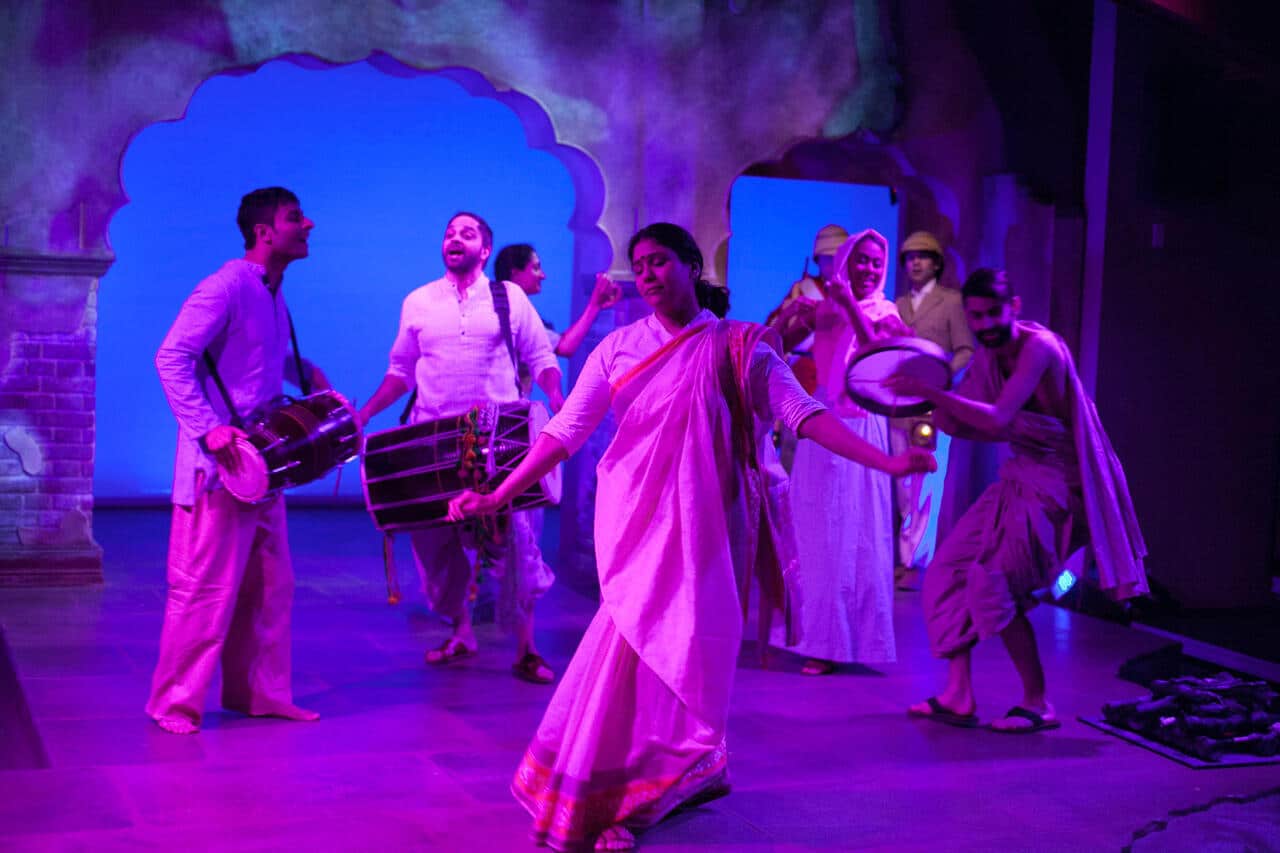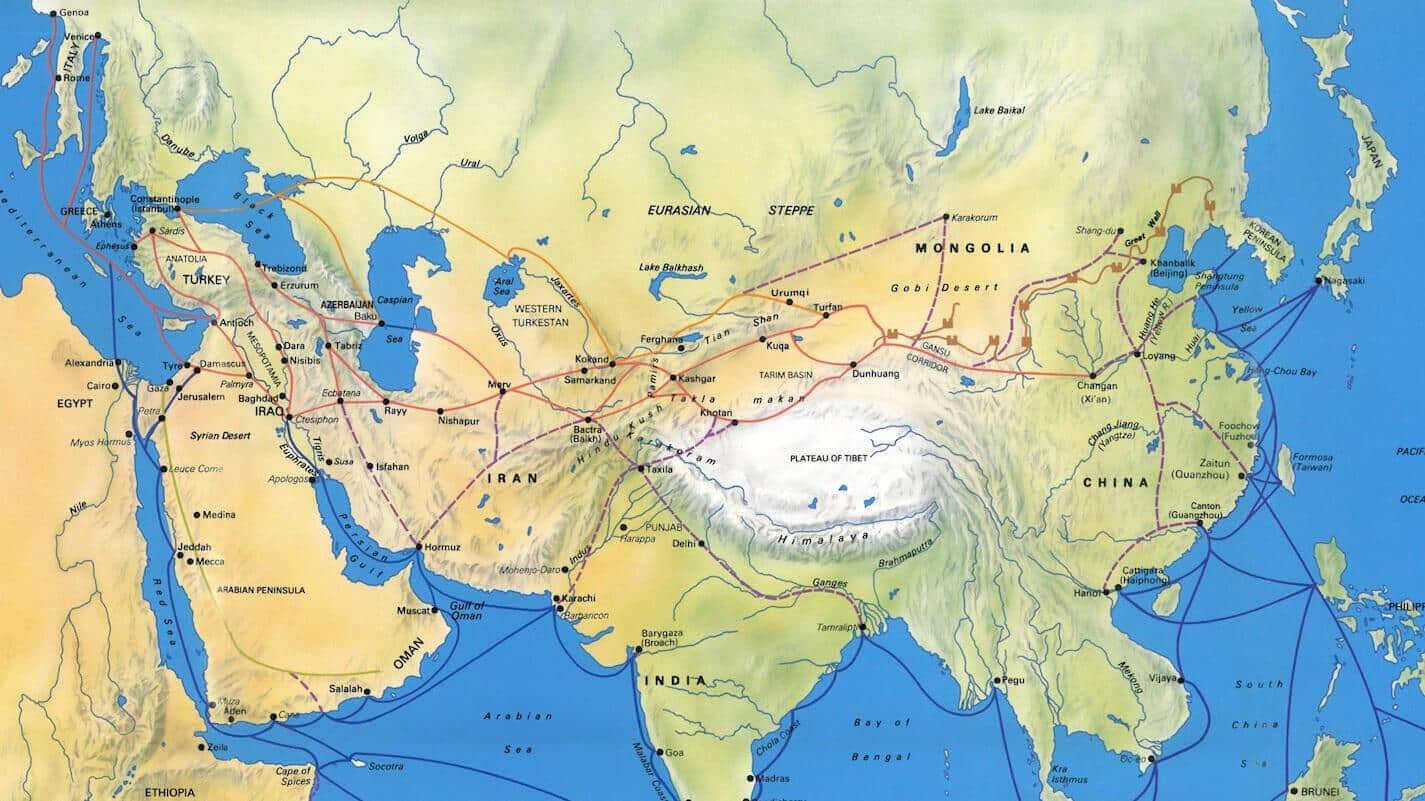


From Silk Road Theatre Project (2002) to Silk Road Rising (2012) to Silk Road Cultural Center (2024), our Silk Road story continues to inspire.
Founded by husbands Malik Gillani and Jamil Khoury, Silk Road Theatre Project began as an intentional and creative response to the terrorist attacks of September 11, 2001. Malik and Jamil recognized that the consequences of that catastrophic day would reverberate for years to come, posing unique and urgent challenges for Pan-Asian, North African, and Muslim communities. This dangerous backlash, and its current-day manifestations, underscore our commitment to educating, promoting dialogue, and healing rifts via the transformative power of storytelling.
Harnessing that power, we set out to challenge the ideology and hatred that fueled the 9/11 attacks and the anti-Arab and anti-Muslim violence that immediately followed. Our vision was to counter negative images of Middle Eastern and Muslim peoples with theatrical representation grounded in authentic, multi-faceted, and patently human experiences. We centered politics that were anti-racist, anti-colonial, and pro-feminist, and elected to tell stories that were by us, about us, and for all.
Our focus quickly expanded beyond West Asia and North Africa to encompass the vast territory known historically as the Silk Road, a network of trade routes stretching from China to Syria and beyond. The legacy of the Silk Road provided us with a narrative from which our core values would appear: Discovery, Empathy, and Pluralism.
In 2012, we changed our name from Silk Road Theatre Project to Silk Road Rising, to better reflect the community we were becoming. The aspirational new name would bridge our live and digital artmaking, with lifelong learning, and cultural activism, enabling us to serve our mission through a more integrative and holistic approach.
The transition to Silk Road Cultural Center in 2024 allowed us to reimagine our programming within a multidisciplinary and interdisciplinary arts framework. A curatorial approach to connecting creative mediums provides artists of Pan-Asian, North African, and Muslim backgrounds an expansive landscape from which to broaden the American story and honor the historic Silk Road.

“Silk Road” refers to the great trade routes that originated in China and spread westward across Central and South Asia, the Middle East, and into Mediterranean Europe.
We embrace the Silk Road as a living heritage and a model of the anti-colonial and anti-Orientalist politics that define our company’s aesthetic and worldview. May its legacy continue to thrive and evolve at Silk Road Rising.







